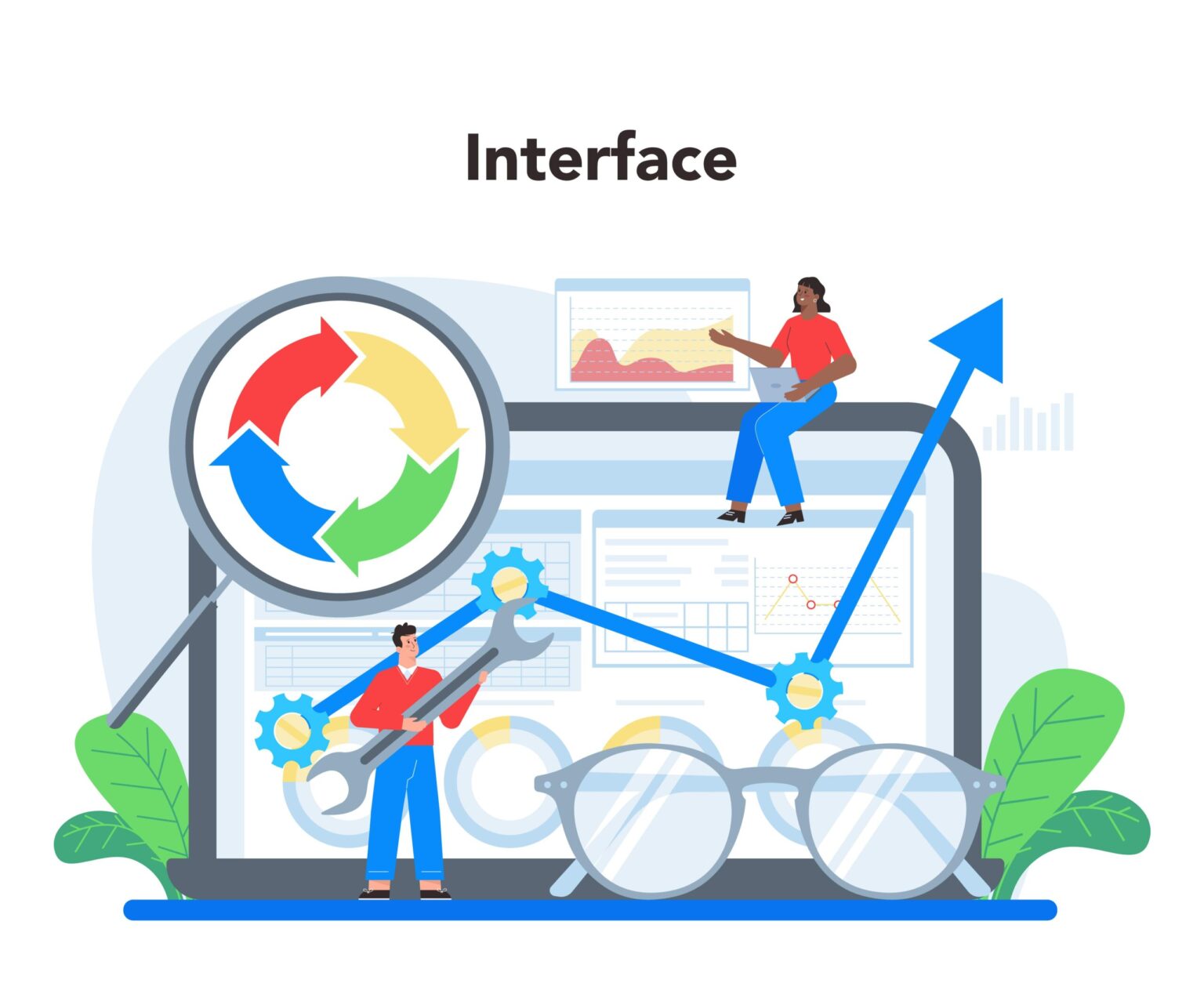Measuring the success of marketing technology initiatives requires defining appropriate metrics and Key Performance Indicators (KPIs) that align with your goals and objectives. Here are some common metrics and KPIs to consider for evaluating the performance of marketing technology:
-
Return on Investment (ROI): Calculate the financial return generated from your marketing technology investments. Compare the revenue generated or cost savings achieved against the costs incurred. ROI helps assess the overall effectiveness and profitability of your marketing technology initiatives.
-
Conversion Rate: Measure the percentage of website visitors or leads that convert into desired actions, such as making a purchase, filling out a form, or subscribing to a service. This metric indicates the effectiveness of your marketing technology in driving customer actions.
-
Customer Acquisition Cost (CAC): Calculate the cost of acquiring a new customer, including marketing expenses, sales efforts, and technology investments. CAC helps evaluate the efficiency of your marketing technology in generating new customers and can be compared against customer lifetime value to assess profitability.
-
Customer Lifetime Value (CLTV): Determine the projected revenue generated from a single customer throughout their relationship with your company. CLTV helps assess the long-term value and profitability of customers acquired through marketing efforts, guiding investment decisions and resource allocation.
- Marketing Qualified Leads (MQLs) and Sales Qualified Leads (SQLs): Measure the number and quality of leads generated by your marketing technology. MQLs are leads that have shown interest and meet certain criteria, while SQLs are leads deemed ready for sales engagement. Tracking MQLs and SQLs helps evaluate lead generation effectiveness and the alignment between marketing and sales efforts.
- Website Traffic and Engagement Metrics: Monitor the volume and quality of website traffic generated by your marketing technology. Track metrics such as total visits, unique visitors, page views, bounce rate, time on site, and engagement actions (e.g., clicks, downloads, form submissions). Increasing website traffic and engagement indicate successful marketing campaigns and effective targeting.
-
Customer Retention Rate and Churn Rate: Evaluate the effectiveness of your marketing technology in retaining customers. Calculate the percentage of customers retained over a specific period (retention rate) and the percentage of customers lost (churn rate). High retention and low churn rates indicate successful customer relationship management.
-
Email Marketing Metrics: Assess the performance of your email marketing campaigns using metrics such as open rates, click-through rates, conversion rates, and unsubscribe rates. These metrics provide insights into the effectiveness of your email marketing efforts and the engagement levels of your audience.
-
Social Media Metrics: Track metrics related to your social media presence, such as follower growth, engagement rate, reach, shares, and mentions. These metrics help assess the impact of your marketing technology on social media channels and the effectiveness of your social media strategies.
-
Customer Satisfaction and Net Promoter Score (NPS): Measure customer satisfaction and loyalty through surveys or feedback mechanisms. NPS assesses the likelihood of customers recommending your products or services to others. High customer satisfaction and positive NPS scores indicate that your marketing technology is effectively meeting customer needs.
-
Cost Savings or Efficiency Gains: Assess cost savings or efficiency gains achieved through marketing technology automation and process improvements. Measure reductions in manual effort, resource allocation, or cost-per-lead to demonstrate the financial benefits of your marketing technology investments.
-
Time to Market: Evaluate the speed and efficiency of launching marketing campaigns and initiatives using your marketing technology. Measure the time it takes to create and execute campaigns, from planning to implementation. Decreased time to market indicates improved operational efficiency and agility.
When selecting metrics and KPIs, ensure they align with your specific business objectives, industry, and marketing strategies.



